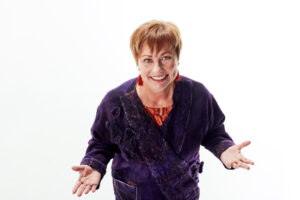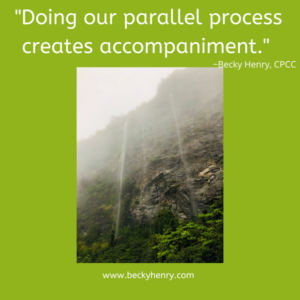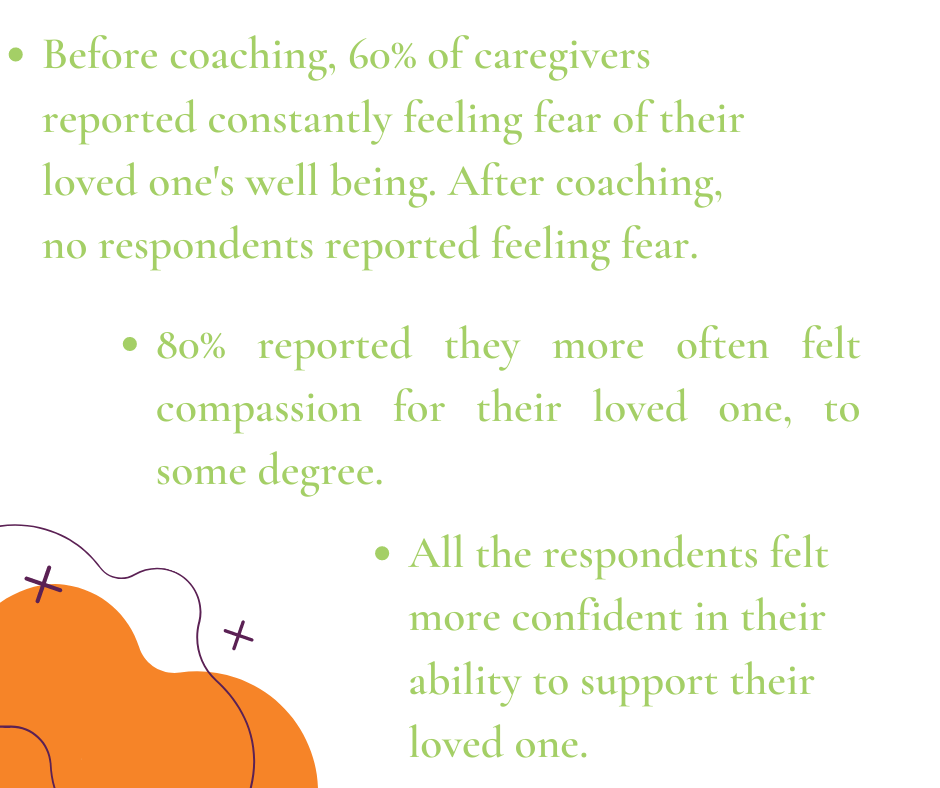 If you love, care about someone who is in recovery from an eating disorder, you may be feeling helpless, overwhelmed, afraid, upset, and more. And if your loved one is over 18 you might fear there is nothing you can do to help them with recovery from one of these deadly brain illnesses.
If you love, care about someone who is in recovery from an eating disorder, you may be feeling helpless, overwhelmed, afraid, upset, and more. And if your loved one is over 18 you might fear there is nothing you can do to help them with recovery from one of these deadly brain illnesses.
For sure it is much more difficult than before they turn 18. No question. Your rights are extremely limited.
And you do not need to give up hope or give up offering support.
Some of the tips on the NEDA page for caregivers might be useful. And, you may have tried ALL of them already. Please do not give up hope. We never know what the tipping point will be for each person.
The last point is often the place that most family caregivers find themselves at after many failed attempts at getting a loved one to go to treatment. Finding that sweet spot of love and compassion while gently and firmly checking in on how they’re doing and encouraging them to get the care they need to live the life they deserve. It’s tricky to say the least.
 There are people who help families get their loved one treatment when they need to save their lives. One example is one of my partners at Recovery Roadmap Specialists, Ibbits Newhall. She often works with families and a team of folks to help navigate this very delicate process of getting an unwilling loved one into life saving treatment.
There are people who help families get their loved one treatment when they need to save their lives. One example is one of my partners at Recovery Roadmap Specialists, Ibbits Newhall. She often works with families and a team of folks to help navigate this very delicate process of getting an unwilling loved one into life saving treatment.
It’s important to have the tools, skills and people to help guide you on this confusing and terrifying journey of trying to save a loved one’s life. Fear cannot be driving the show.
So it’s a combo platter of learning those tools of self management, distress tolerance, communication, boundary setting, etc. Honing your skills and getting all of the proper helpers in place to help you save your child.
Often times individual therapists can help you create a team of your own instead of utilizing a center that has a team in place. The evidence is increasingly showing that when the family is included, the treatment outcomes improve. The chemical dependency world has known this for over 30 years. They have also been huge proponents of caregiver self-care.
On that note, I’m going to share a simple idea with you to try so you can practice self-care and more easily help your loved one.
Doing things you enjoy while you have a child who is so sick may seem selfish and counter intuitive but it is of higher moral ground to practice extreme self-care. This is a crisis and your adult child needs a parent who is in top form and ready to go to bat for them. So, let’s do it!
 Have you made your Top 10 List yet? If you don’t know what I’m talking about I’ll fill you in. When I was at the beginning of learning how to be an effective parent of someone with an eating disorder I had a pastor who gave me one of the best pieces of advice I’ve ever gotten. She said in order to practice this extreme self-care I needed to make a TOP 10 List of things that fill me up. This seemed so greedy and selfish to me at that point, but I get it now. Remember we cannot pour anything out of an empty cup. And it was hard to fit it in some days with all the work of helping my daughter.
Have you made your Top 10 List yet? If you don’t know what I’m talking about I’ll fill you in. When I was at the beginning of learning how to be an effective parent of someone with an eating disorder I had a pastor who gave me one of the best pieces of advice I’ve ever gotten. She said in order to practice this extreme self-care I needed to make a TOP 10 List of things that fill me up. This seemed so greedy and selfish to me at that point, but I get it now. Remember we cannot pour anything out of an empty cup. And it was hard to fit it in some days with all the work of helping my daughter.
So, you out there-yes you, making sure someone else’s needs are being taken care of…it’s time. So get out the prettiest paper you have (or any old thing) and make a list of 10 things you love to do, that fill you up. And then…do at least one EVERY DAY. Yes, every day. This will fill your cup back up and make you an even better caregiver or carer as our friends in the UK say.
It might seem such a small thing to do but it is essential. If you are burned out, you will be of no use to your loved one. They need you, and they need you to be strong. So, do the right thing and go fill yourself up! You are the one who is on the front lines; you’ll be getting the full brunt of the eating disorder’s wrath. You need extra defenses.
Speaking of the wrath of eating disorders, they can destroy relationships as well as lives. Doing your part to preserve your sanity and health helps you remain calm so you can actively preserve the relationship. That doesn’t mean it is going to be all wine and roses, but you can do your best to

show the person in recovery that they are loved. Not an easy task with someone who often thinks they are unlovable and has their thoughts distorted by the eating disorder.
But, when we can be calm, compassionate and confident in our decisions we can then cope with the wild things the eating disorder will throw at us.
Getting support is an essential piece of self-care. Training on how to be an effective caregiver is available and research is now beginning to show how effective it can be in reducing caregiver anxiety, distress and burden. Check out the research done at Kings College in London by Dr. Janet Treasure.
My job is making sure YOU are filled up. Your job is making sure your oxygen mask is FIRMLY in place and you’re constantly filling your cup so that you can keep working on your skills to help your loved one. You do not have to do it alone.

